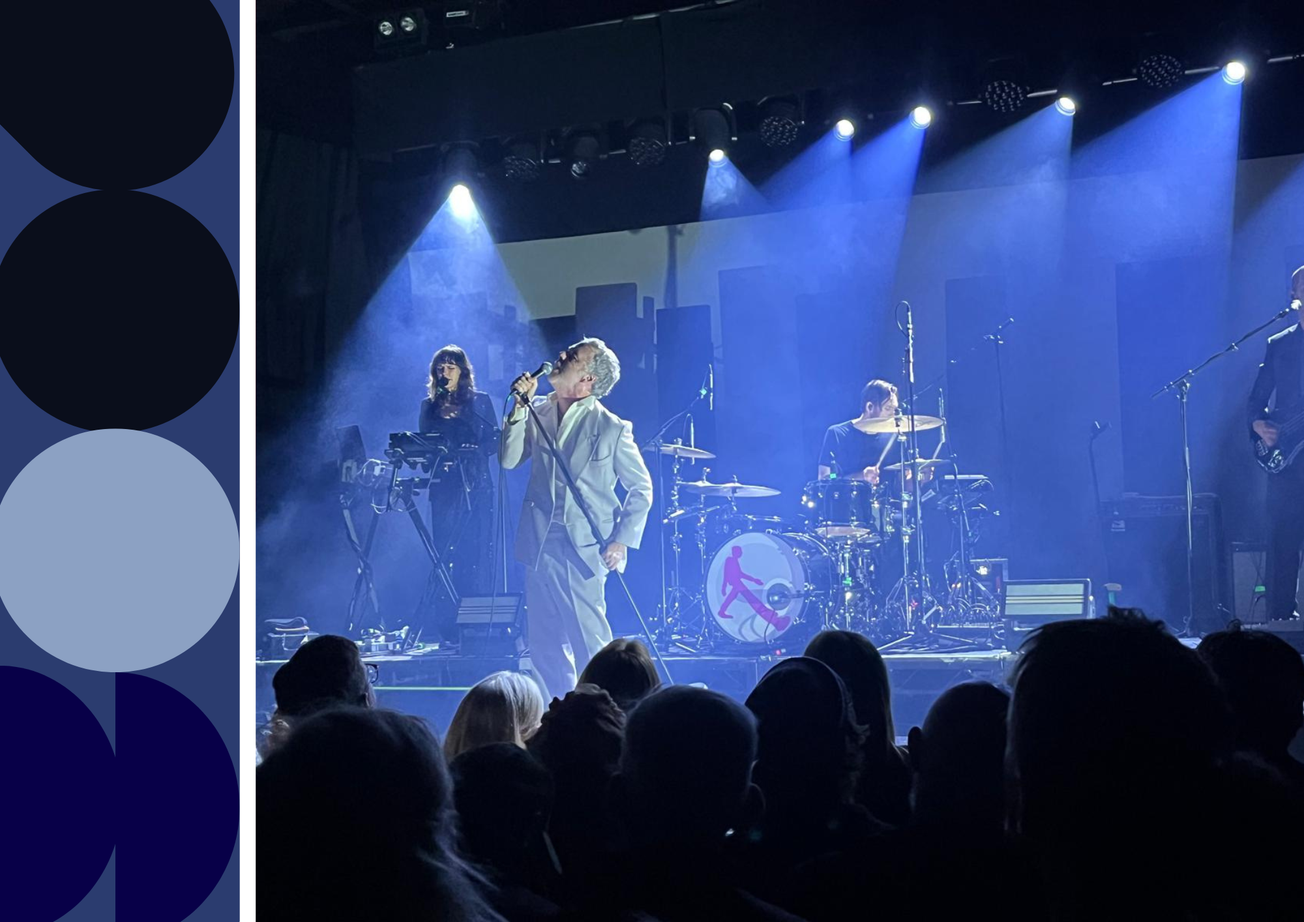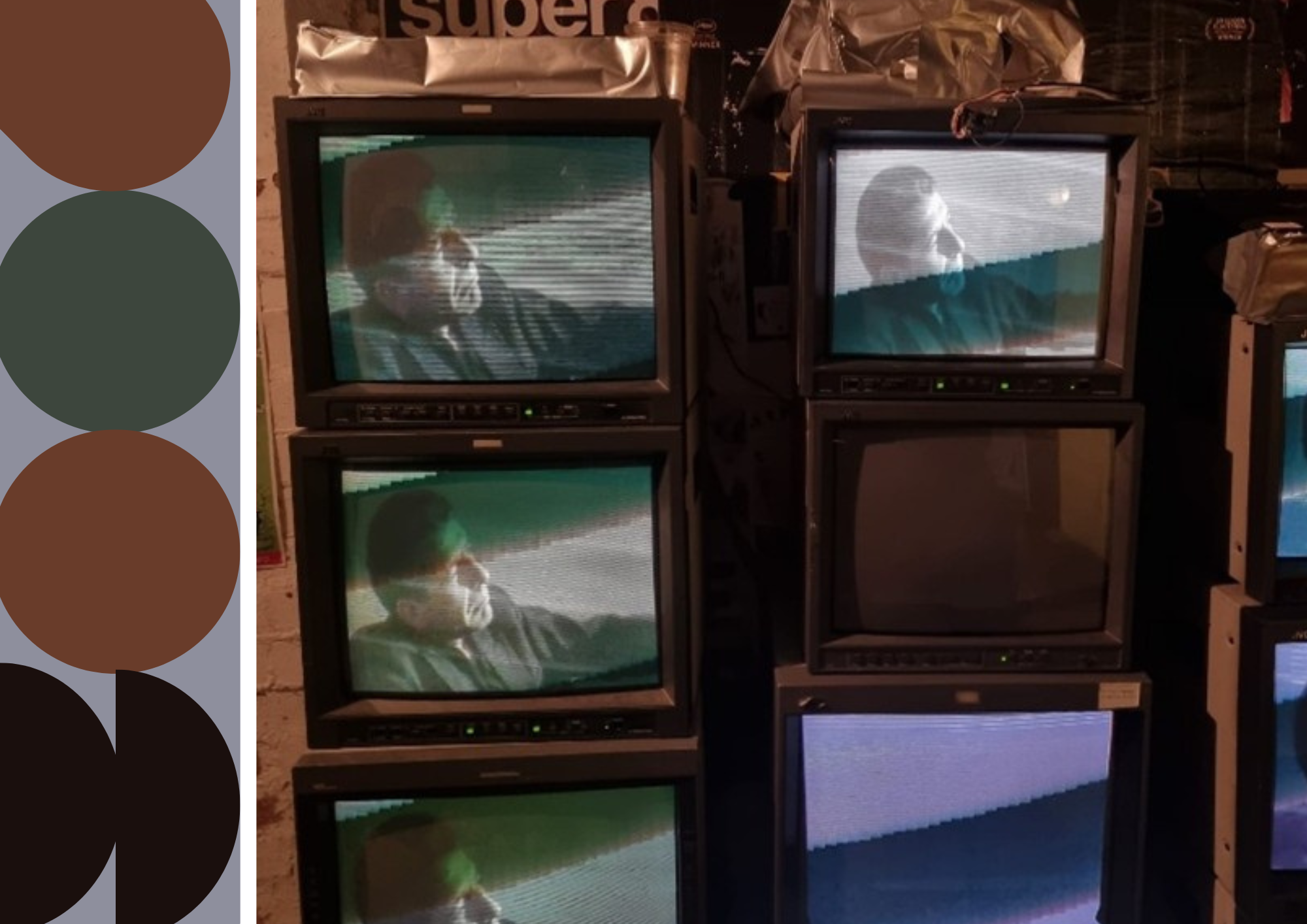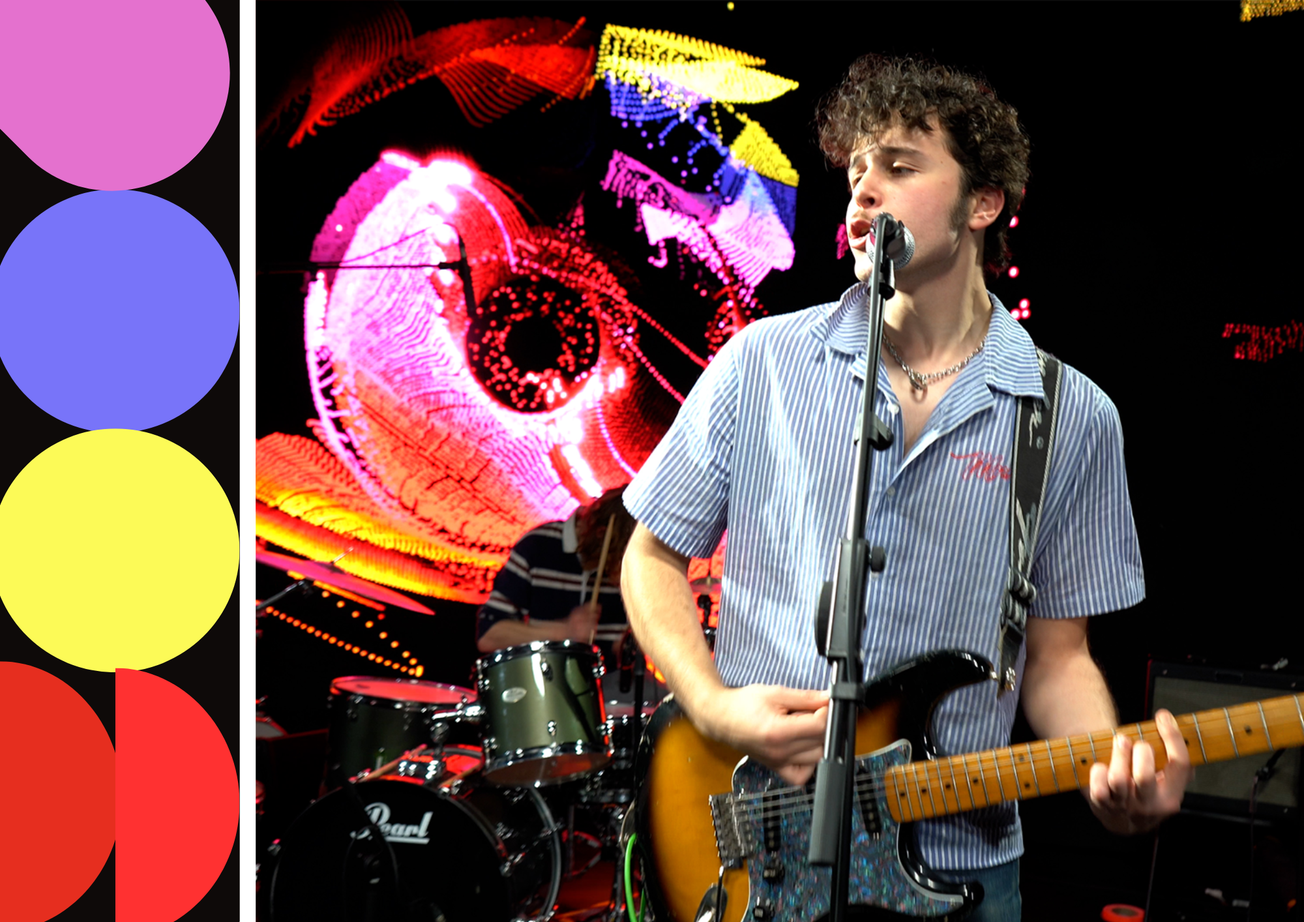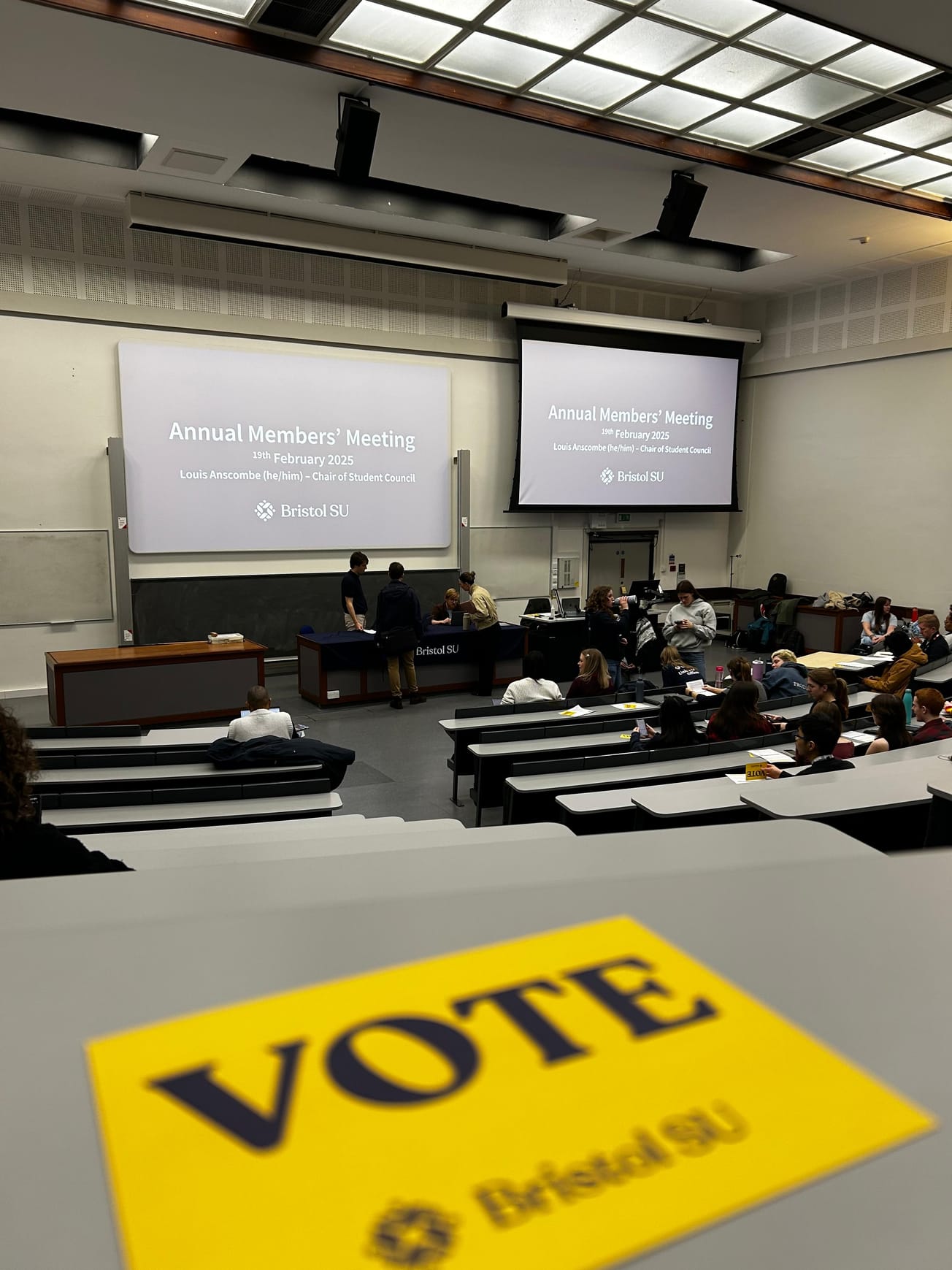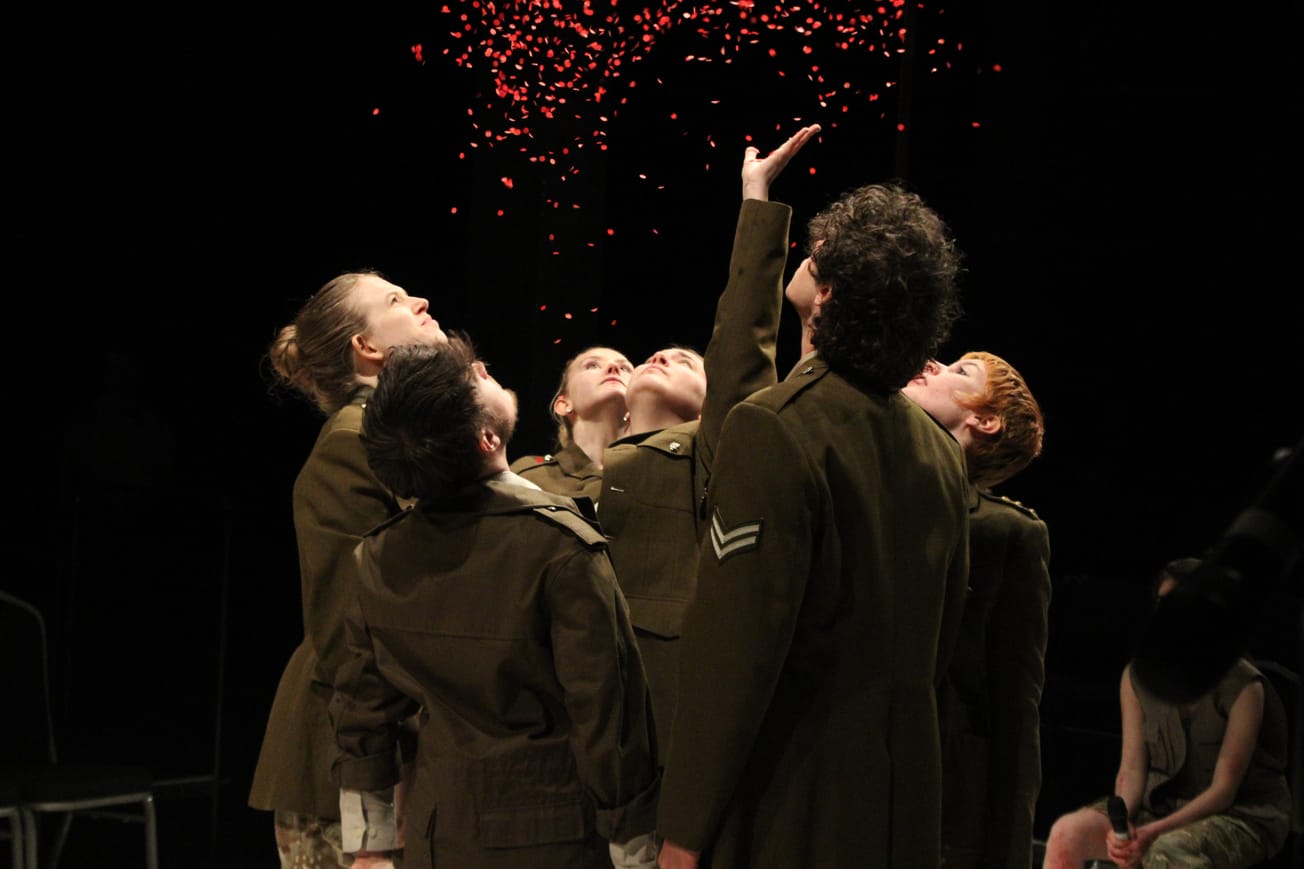By Emma Laroche, Third Year History
Two students meet eyes, both from opposite ends of the country, invigorated by the magic these walls encapsulated. An unknown Oasis almost being denied their performance by a reluctant Philip Andrews. A makeshift stage, barricaded by the managers from the jam-packed crowd there to catch a glimpse of The Cure. A place to meet lovers, to propel your passion for music, to witness the beginning of The Smiths alongside 40 other audience members. After a blitz of increasing costs, economic uncertainty, and absolute lack of support… Moles has closed its doors to its beloved community.
‘We are not the only grassroots music venue to close in the past year. Over 120 other venues have closed as well, which is over 15% of the sector. Places that mean as much to others as Moles means to us.’
Whilst its closure has caused ripples in national news, covered by the likes of TimeOut and BBC, Philip Andrews and Tom Madiccott situate the loss of their venue alongside a wider declining industry of grassroots venues all over the UK and in Bath. He recounts how a hitchhiker warned him that ‘Bath is a kind of Alice in Wonderland kind of place where you think the streets are paved with gold and all your dreams are going to come true but in reality you sink down into a dreadful sloth or else you run away screaming.’ The socio-economic crisis has been decades in the making; Philip purchasing the lot before the landlord transformed it into a block of flats.
In their statement, they grieve the enormous history and cultural bravado that was Moles.
Time and time again, the bands and artists the venue has hosted has, according to Time Out, earned it its ‘icon status’. Legendary acts like Ed Sheeran, The Killers, Fat Boy Slim, Blur, and Radiohead have graced the stage with their presence. Maddicott chuckled that the magic in these grassroots venues is unwittingly witnessing the next Oasis.
This history continued to make Moles the cultural nerve centre of Bath. Oscar and the Karma, the last band to perform in this iconic venue, professed that if they had known they were to be part of the last show at Moles, they would have revered its history, played something in its honour. It has always been ‘THE place to play’, their lead singer declares. He remembered their first time on that stage, ‘feeling blessed to have somewhere so historic, so rich with life beneath our feet’. Indeed, alongside its musical history, the venue recounts its importance to the community; Moles was where people meet their future partners, make friends for life, discover their new favourite band, ‘sing their hearts out and forget about their troubles for a while’.
20 year old student and aspiring vocalist Alysee places Moles at the heart of her life in Bath:
'Personally, I've met some of my closest friends at Moles and I think it's created and shaped a lot of relationships for so many people. I think it was a genuine hub for students to get together and listen to music and have a good time, so I think most people feel a sense of loss. There isn't really anything like it in Bath, so I think that it's a tragedy that it's closing down'.
THE GRASSROOTS TRADITION:
But what makes grassroots venues special to the people? Bath city centre is peppered with nightclubs and bars, open for all. It seems that, to music lovers, these are incomparable. Grassroots music venues have the history and ethos of making live music accessible to all. This is more than a performance space, it is about the love for music and the intentionality of growing the scene. Maddicott asserted that ‘if people will come and listen, we will put it on’, no matter the genre or the people. The experimentation and space it offered for artists to find their sound was the ‘essence’ of Moles, powered by the venue’s history and opportunity, becoming its own ecosystem of inspiration, power, community, and creation. This is the place where artists such as Blur, The Smiths, Radiohead, Bastille, and Mumford and Sons cut their teeth before a UK tour even seemed within reach.
Andrews and Maddicott’s descriptions of Moles is testament itself to the care and love put into a venue like this.
‘Everyone who has been to Moles, whether to perform or as a punter, has their own stories to tell. It is this that gave the club its magic and saw people return time and again. Going to Moles was almost like a rite of passage in Bath.’
PUBLIC RESPONSE:
This rite of passage has galvanised support through passion-driven petitions and instagram initiatives on the internet. One started by Jasmine Ritchie calls on the local authority and stakeholders to recognize the cultural significance of Moles and to work towards its preservation. By December 12, 3 593 out of its intended 5000 signatures had been collected.
A success story has seen a petition saving The Snug in Atherton, Greater Manchester. The venue’s owners have benefitted from the Music Venue Trust’s ‘Own Our Properties’ plan, and have now gained the support from creative industries minister John Whittingdale who claims to prioritise the UK’s vulnerable grassroots music venues. As of right now, there is no clear view of Moles’ future other than its closure, but its loyal supporters and the wider music community rallying behind the venue remain hopeful for its rescue.
LOOKING FORWARD:
As grassroots venues suffocate from impossible conditions, communities ask themselves what contributions can make significant difference. This is a structural crisis, one that demands governmental and legislative intervention. At the same time, our university readers may refract the gaze onto ourselves and question our impact upon the independent music industry.Bristol is an even larger hub of independent and grassroots venues and the recent influx of students throughout the past few years participate in the gentrification and commercialisation of local institutions. These historic and cultural venues pump blood into the cities you love and remain vital to their soul.
Listen to the music you love, go to the pubs you feel best in, but never forget the power your choices may have!
#longlivemoles
Featured Image: Moles
What is the importance of grassroots venues to you?


